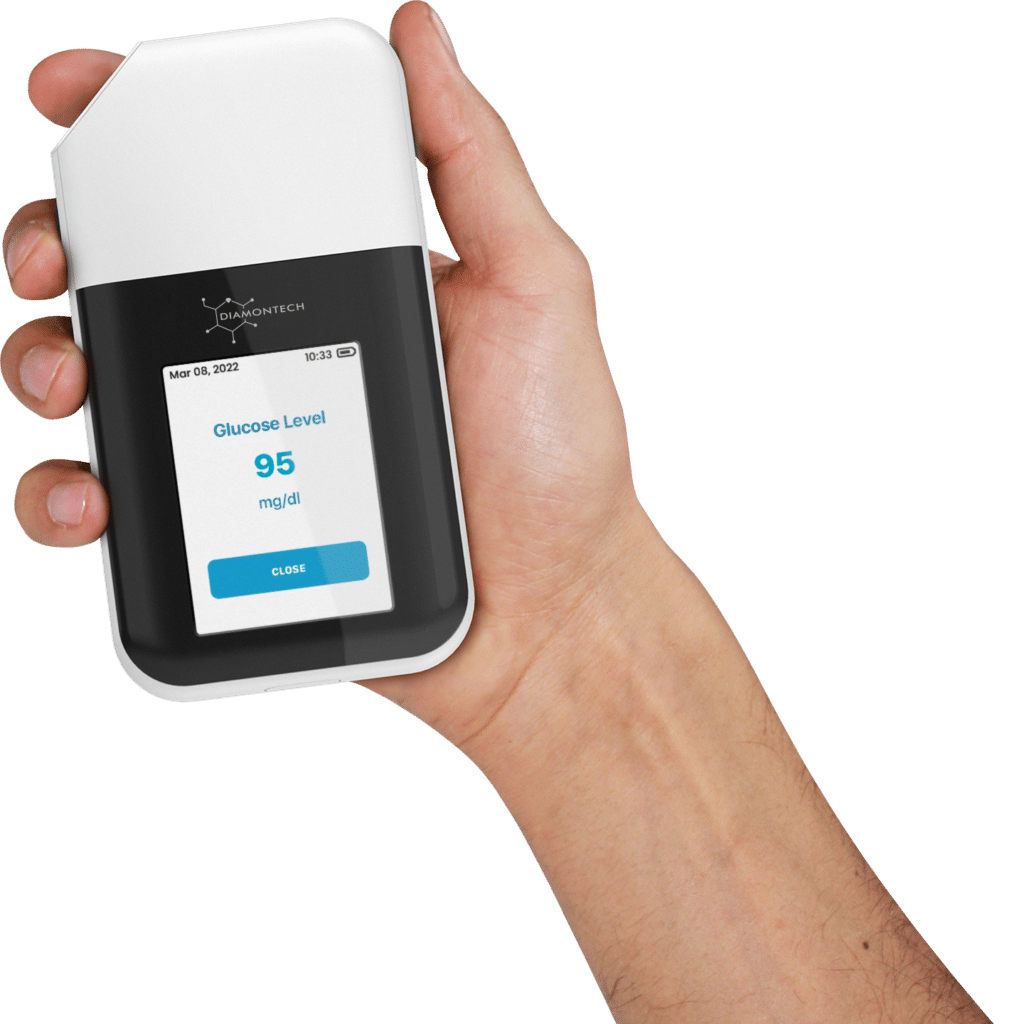In recent years, the healthcare industry has witnessed significant advancements in glucose monitoring technology. One of the most exciting developments is the Glucose Sensor Technology program, which is transforming how individuals track their glucose levels. This new approach not only improves accuracy but also enhances the overall management of glucose-related conditions. In this blog, we will explore how this innovative technology works, its benefits, and what it means for patients and healthcare providers alike.
Understanding Sensor-Based Glucose Monitoring
Sensor-based glucose monitoring involves the use of advanced sensors to continuously measure glucose levels in the body. Unlike traditional methods that require frequent finger-pricking, this technology offers a more convenient and less invasive solution.
How Sensor-Based Technology Works
A tiny sensor, usually positioned beneath the skin, is the central component of this technique. This sensor measures glucose levels in the interstitial fluid and transmits the data to a monitor or smartphone app. This continuous monitoring allows for real-time tracking of glucose levels without the need for regular blood samples.
Benefits of Sensor-Based Monitoring
The sensor-based glucose monitoring program provides several key advantages:
Continuous Data Tracking
Unlike traditional methods, which offer snapshots of glucose levels, sensor-based monitoring provides continuous data. This allows for more accurate tracking of glucose fluctuations throughout the day.
Improved Accuracy
The technology is designed to offer high precision in glucose measurement, reducing the likelihood of inaccurate readings.
Convenience
With no need for frequent finger-pricking, patients experience greater comfort and convenience. This non-invasive method makes monitoring less of a burden.
Real-Time Alerts
Many sensor-based systems are equipped with alert functions that notify users of glucose levels that are too high or too low, allowing for immediate action to be taken.
More Read About: Global Outlook for the CGM Technology Industry (2024-2034)
The Impact on Diabetes Management
Sensor-based glucose monitoring is particularly beneficial for individuals managing diabetes. The continuous flow of data helps patients make more informed decisions about their diet, medication, and lifestyle.
Enhanced Patient Empowerment
By providing real-time insights into glucose levels, this technology empowers patients to take control of their diabetes management. They can adjust their treatment plans based on up-to-date information, leading to better overall health outcomes.
Streamlined Healthcare Provider Interaction
Healthcare providers also benefit from sensor-based glucose monitoring. The continuous data stream allows for more accurate assessments of a patient’s condition. This data can be used to fine-tune treatment plans and make adjustments as needed, ultimately improving patient care.
Challenges and Considerations
Despite its many benefits, there are some challenges and considerations associated with the Glucose Sensor Technology program.
Cost and Accessibility
The technology can be expensive, which may limit accessibility for some patients. However, expenses should drop as technology develops and becomes more widely used.
Technology Integration
Integrating new technology into existing healthcare systems can be challenging. Ensuring that sensor-based systems are compatible with other medical devices and health records is crucial for seamless operation.
Future Prospects
Looking ahead, the future of Sensor-Based Glucose Monitoring is promising. Innovations in technology are likely to bring even more advanced features and improvements. Researchers and developers are continually working on enhancing the accuracy, usability, and affordability of these systems.
Advancements on the Horizon
Future developments may include more sophisticated sensors with enhanced accuracy and longer wear times. Additionally, improvements in data analytics could provide deeper insights into glucose trends and patterns, further aiding in diabetes management.
Broader Applications
While currently most beneficial for diabetes management, the principles of sensor-based monitoring could potentially be applied to other areas of healthcare, such as cardiovascular health or metabolic disorders.
Conclusion
The sensor-based glucose monitoring program represents a significant leap forward in the management of glucose levels. By offering continuous, accurate, and convenient monitoring, this technology enhances both patient care and overall health management. As advancements continue, it is expected that this program will play an increasingly vital role in healthcare, improving the quality of life for many individuals.
For those interested in exploring the benefits of Glucose Sensor Technology, now is an excellent time to consider how this innovative technology can fit into your health management routine.


